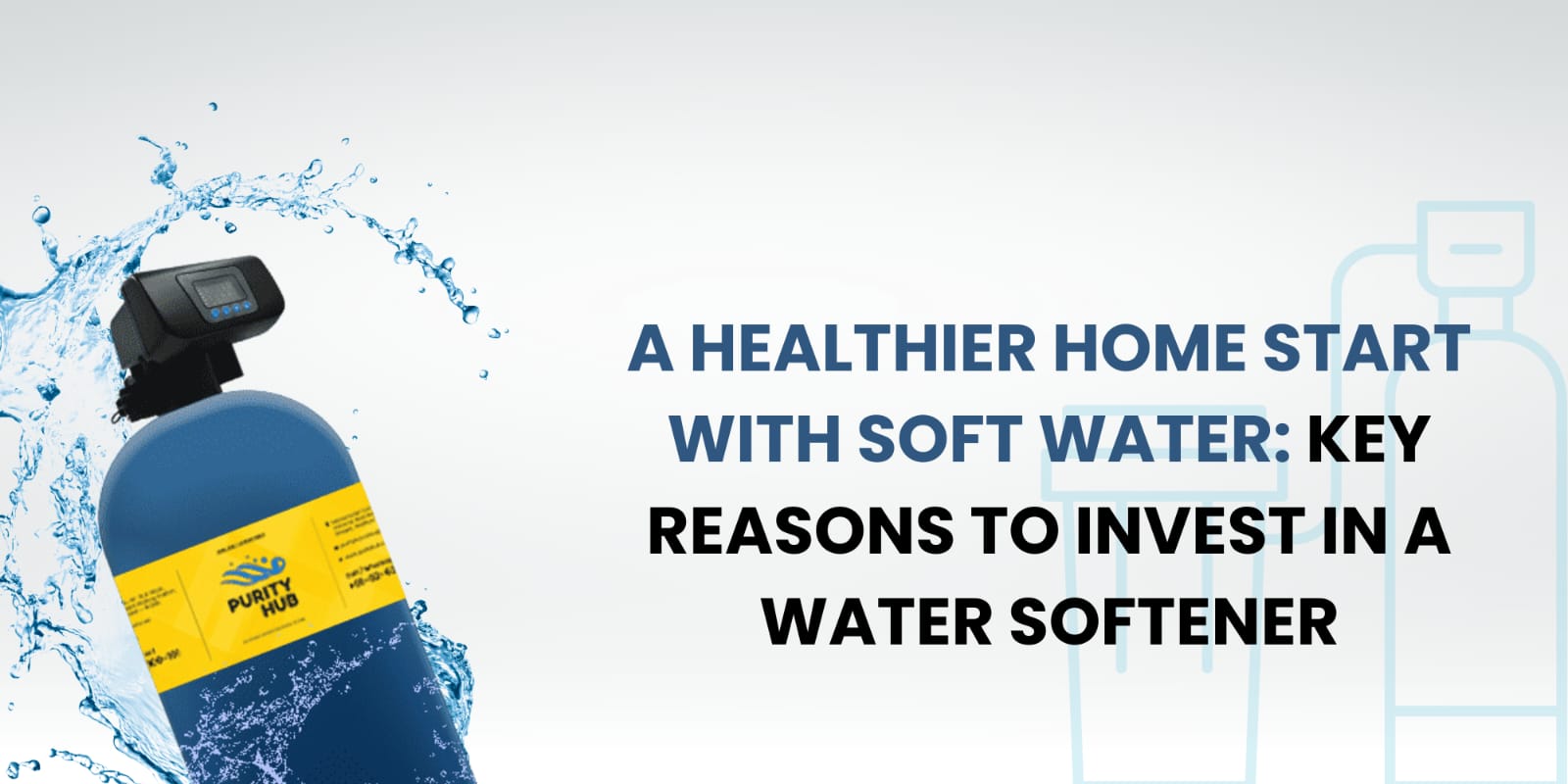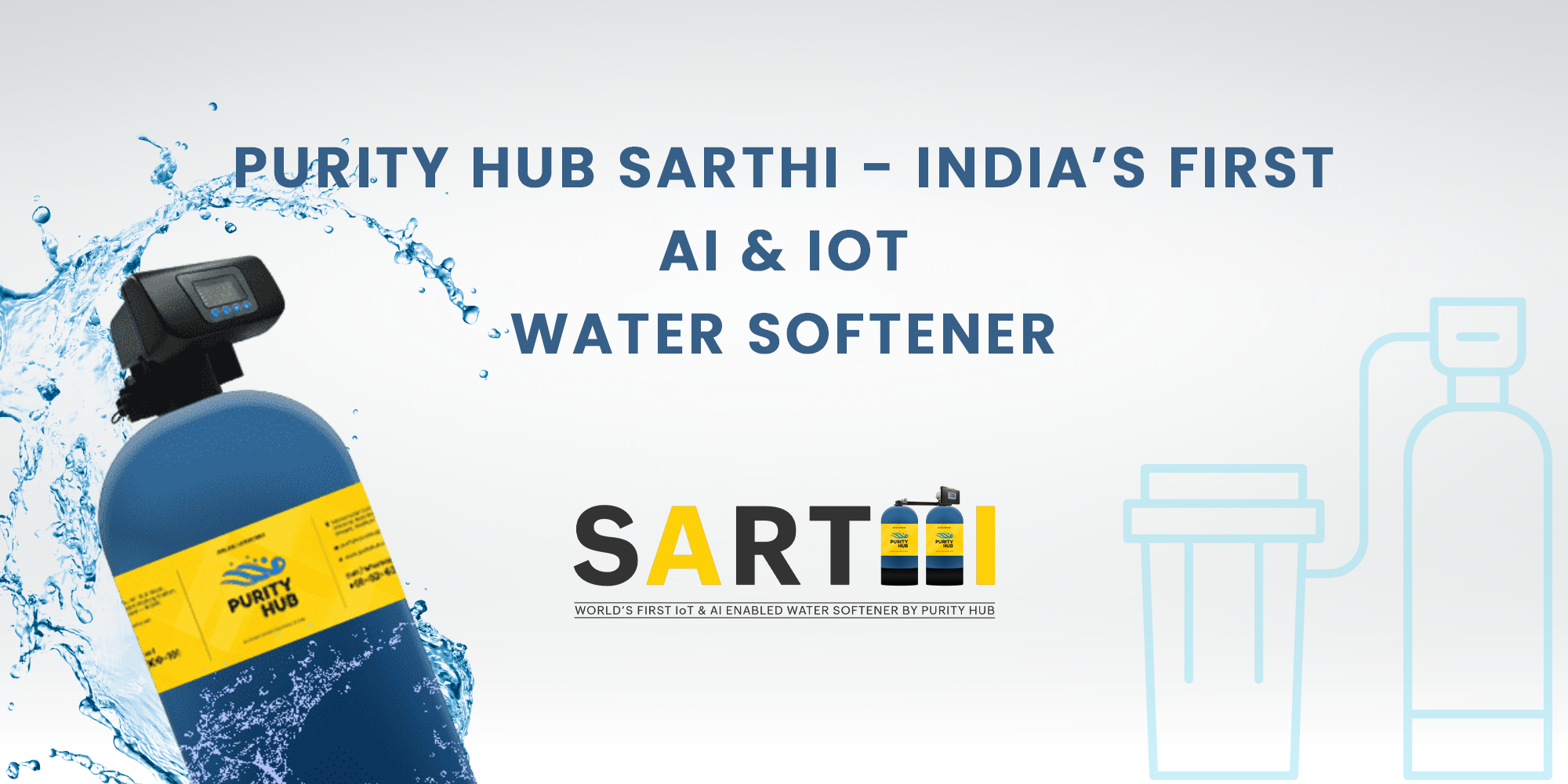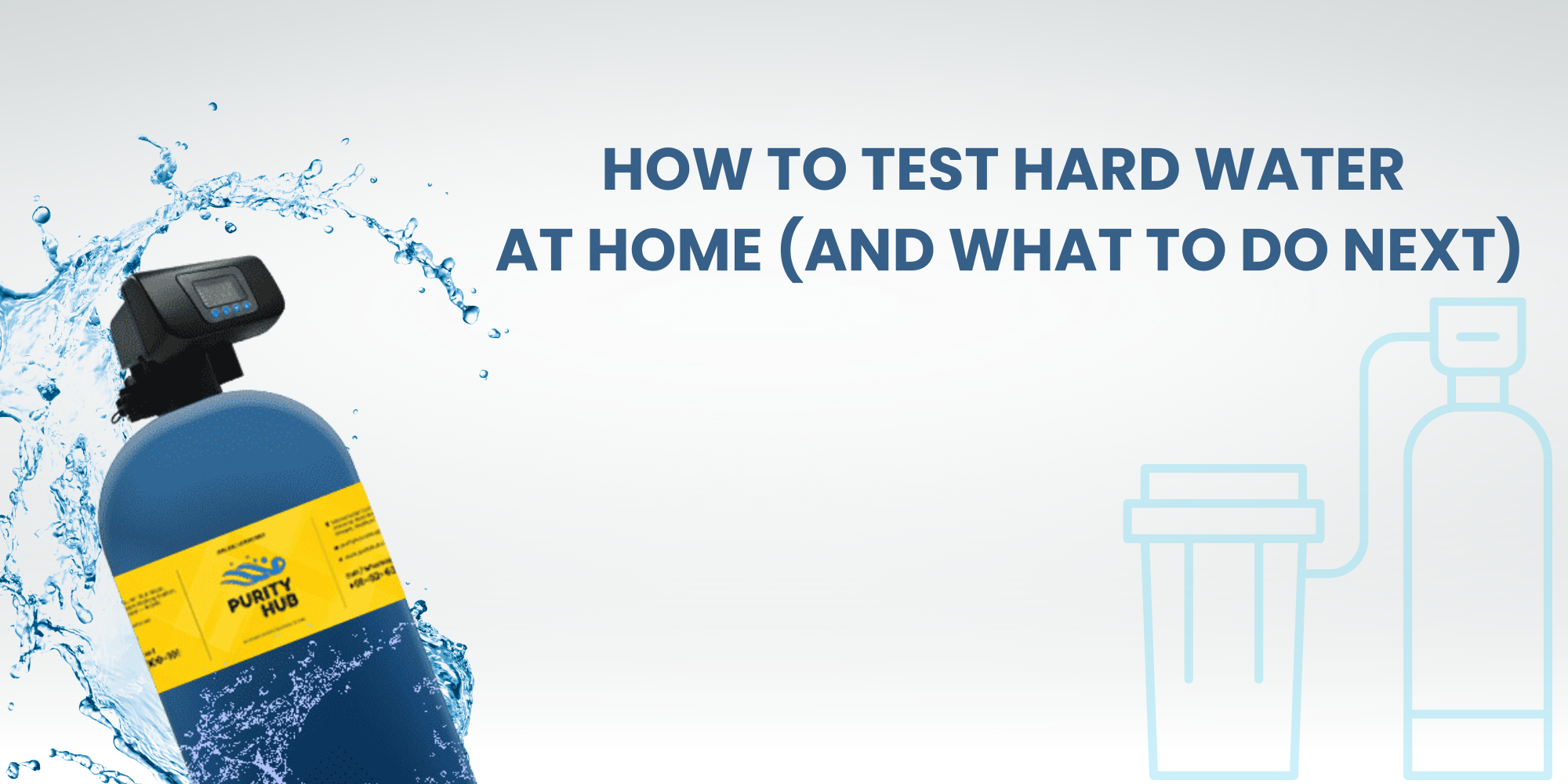
In the quest for a healthier, more comfortable home, the quality of your water plays a crucial role. Hard water, which is water with high levels of calcium and magnesium, can pose several issues, from damaging appliances to affecting your skin and hair. One effective solution to these problems is investing in a water softener. Here’s why soft water is essential for a healthier home and how a water softener can make a significant difference.
1. Protect Your Appliances and Plumbing
Hard water is notorious for causing limescale buildup, which can significantly impact the efficiency and lifespan of your appliances and plumbing. The mineral deposits from hard water accumulate over time, leading to reduced performance and potential damage. For instance, your water heater, dishwasher, and washing machine are particularly vulnerable. The scale buildup can clog pipes, reduce heating efficiency, and increase energy consumption.
A water softener works by removing calcium and magnesium ions, preventing limescale formation. By investing in a water softener, you protect your appliances and plumbing, ensuring they operate efficiently and last longer. This not only saves you money on repairs and replacements but also enhances the overall functionality of your household systems.
2. Improve Skin and Hair Health
Hard water can be harsh on your skin and hair, leading to dryness and irritation. The minerals in hard water strip away natural oils, making your skin feel rough and your hair brittle. You might notice increased issues with eczema, psoriasis, or other skin conditions. Your hair may also become dull and difficult to manage, requiring more frequent conditioning and treatments.
Soft water, on the other hand, is gentler on your skin and hair. By removing the harsh minerals, a water softener helps maintain your skin’s natural moisture balance and keeps your hair softer and more manageable. The result is healthier skin and shinier, more resilient hair, reducing the need for excessive skincare products.
3. Enhance the Efficiency of Cleaning Products
Hard water interferes with the effectiveness of soaps and detergents. The minerals in hard water react with these cleaning agents, forming soap scum that reduces their cleaning power. This means you need to use more soap and detergent to achieve the desired results, which can be both costly and inefficient.
With soft water, your cleaning products work more effectively. The absence of mineral interference allows soaps and detergents to lather better and clean more thoroughly. You’ll use less detergent, save money on cleaning products, and achieve better results with less effort.
4. Extend the Lifespan of Your Fabrics
Laundry made with hard water often results in dingy, worn-out fabrics. The mineral deposits can build up on your clothes, making them feel stiff and look less vibrant. Over time, this can lead to more frequent replacements of clothing and linens.
Soft water helps preserve the quality of your fabrics. By reducing mineral buildup, your clothes stay softer and their colors remain brighter for longer. Additionally, soft water reduces the need for extra rinse cycles, which can further protect your fabrics and save on water and energy costs.
5. Conserve Energy
Hard water can lead to energy inefficiencies due to scale buildup in your water heater and other appliances. The deposits create a barrier that makes it harder for appliances to heat water efficiently, causing them to consume more energy. Over time, this leads to higher utility bills and increased wear and tear on your equipment.
Soft water helps maintain optimal energy efficiency. By preventing limescale formation, your appliances can operate at their designed efficiency, reducing energy consumption and lowering your utility costs. This contributes to both environmental sustainability and financial savings.
6. Reduce Maintenance and Repair Costs
The effects of hard water can result in frequent maintenance and repair needs. From clogged pipes and inefficient water heaters to malfunctioning appliances, the damage caused by mineral deposits can be costly. Regular cleaning and repairs add up over time and can disrupt your household.
Investing in a water softener minimizes these issues by preventing scale buildup and reducing the strain on your plumbing and appliances. As a result, you’ll experience fewer maintenance and repair problems, saving both time and money.
7. Enjoy Better-Tasting Water
Hard water can sometimes have an unpleasant taste or odor due to the minerals and impurities it contains. This can affect the flavor of your beverages and cooking. While water softeners primarily target mineral removal, they can also improve the overall taste and quality of your water.
Soft water, free from excess calcium and magnesium, tends to have a cleaner taste. This enhancement can make drinking water more enjoyable and improve the flavor of meals and beverages prepared with it.
Conclusion
A water softener is more than just a convenience; it’s an investment in the health and efficiency of your home. By addressing the issues caused by hard water, a water softener protects your appliances, improves your skin and hair health, enhances cleaning efficiency, and reduces maintenance costs. With the added benefits of conserving energy and enjoying better-tasting water, the advantages of soft water extend throughout your home.
Investing in a water softener ensures a healthier, more comfortable living environment and offers long-term savings. If you’re dealing with the challenges of hard water, consider making the switch to soft water for a noticeable improvement in your home’s quality and your overall well-being.



